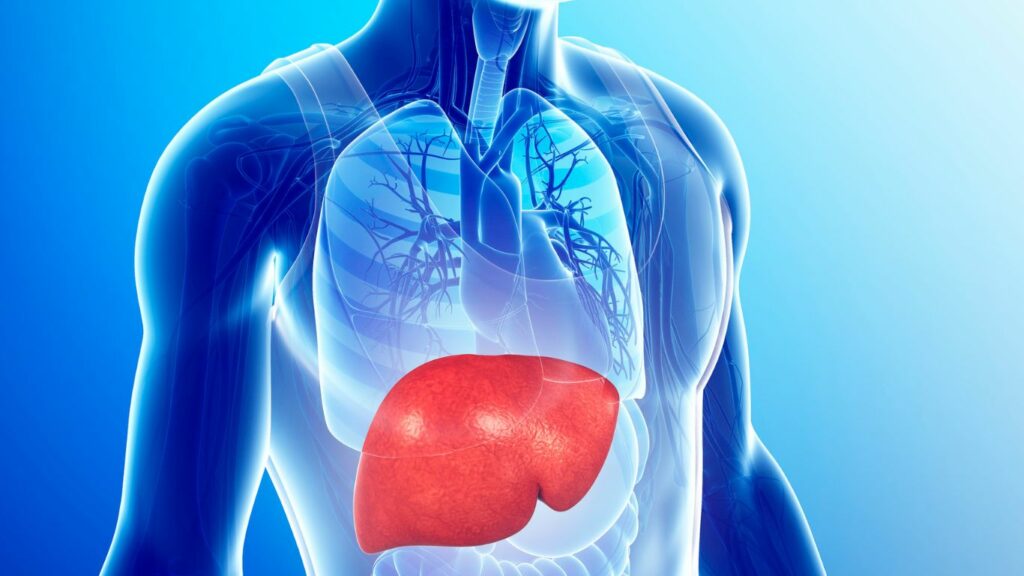Alcohol and Your Liver: What You Should Know Before Binge Drinking

Frequent heavy drinking can lead to several negative health effects including high blood pressure, stroke, and certain cancers. People are more aware of how alcohol affects the liver. Alcohol related liver disease include liver cirrhosis, jaundice, fatty liver, and liver cancer. However, when you stop drinking alcohol, you can reverse alcoholic liver disease and the sooner alcohol use disorders are treated, the better the chances of returning to healthy liver function.
What Is Binge Drinking?
Binge drinking is an alcohol abuse pattern that involves consuming several standard drinks in a short period of time. The National Institute on Alcohol Abuse and Alcoholism (NIAAA) defines it as an episode of drinking alcohol that raises your blood alcohol concentration (BAC) to 0.08 or higher. Getting to this level depends on weight and sex, but in general it would include consuming 4+ standard drinks for women in a 2-hour period and 5+ standard drinks for men in a 2-hour period. There are many risks associated with excessive alcohol consumption, including alcohol poisoning which can lead to coma or death. Heavy drinker is defined as alcohol intake more than 4 drinks per day or more than 14 drinks per week for men and consuming more than 3 drinks per day or more than 7 drinks per week for women. Heavy alcohol consumption can also be binge drinking on 5 or more days in the past month.
How Binge Drinking Affects Your Liver
The liver is in charge of breaking down and filtering harmful substances in the blood and manufacturing proteins, hormones, and enzymes. The liver can only process a certain amount of alcohol at a time and when a person participates in excessive alcohol consumption, it causes the liver to overwork and can cause destruction of liver cells. Liver injury can result in liver cirrhosis, alcoholic hepatitis, fatty liver, and liver cancer. Drinking large amounts of alcohol, even for a few days, can lead to alcoholic fatty liver. Mixing alcohol with other substances, including prescription medications can also increase your chances of causing liver injury and developing liver disease.
Early Signs of Liver Damage
When you drink more than your liver can effectively process, alcohol and its byproducts accumulate and damage your liver tissue. This initially starts as buildup of fats in your liver, but over time it leads to inflammation of the liver and scar tissue. Early stages of alcohol-related liver disease often don’t cause any symptoms and it is not until liver disease has progressed that you may notice. However some warning sign of symptoms of damage to your liver may include:
- Fatigue
- Unexplained weight loss
- Nausea and vomiting
- Enlarged liver, which can feel like discomfort in upper right side of abdomen
- Loss of appetite
- Jaundice, yellow of skin and eyes
- Dark yellow or brown urine, from build up of bile
- Blood in stool or vomit blood
- Itchy skin
- Swollen legs or ankles
- Bruising easily or bleeding
Alcohol Rehab at Quantum
Alcohol use disorders are treatable and the sooner you get help, the better your chances are of not developing liver disease. If you have already started to develop symptoms of liver disease or alcohol related liver damage, addiction treatment centers can help you reverse alcoholic liver. Out treatment programs as Quantum Behavioral Health Services are tailored to each individual with addiction therapies such as counseling, individual therapy, group therapy, medication assisted treatment, and holistic approaches such as art and movement. We offer outpatient treatment options for alcohol use disorder so you can continue living at home, going to work or school, and work on your addiction recovery in real time. To request an appointment to tour our facility or for any questions about alcohol rehab, please give us a call today at (609) 993-0733, our addiction specialists are ready to take your call.